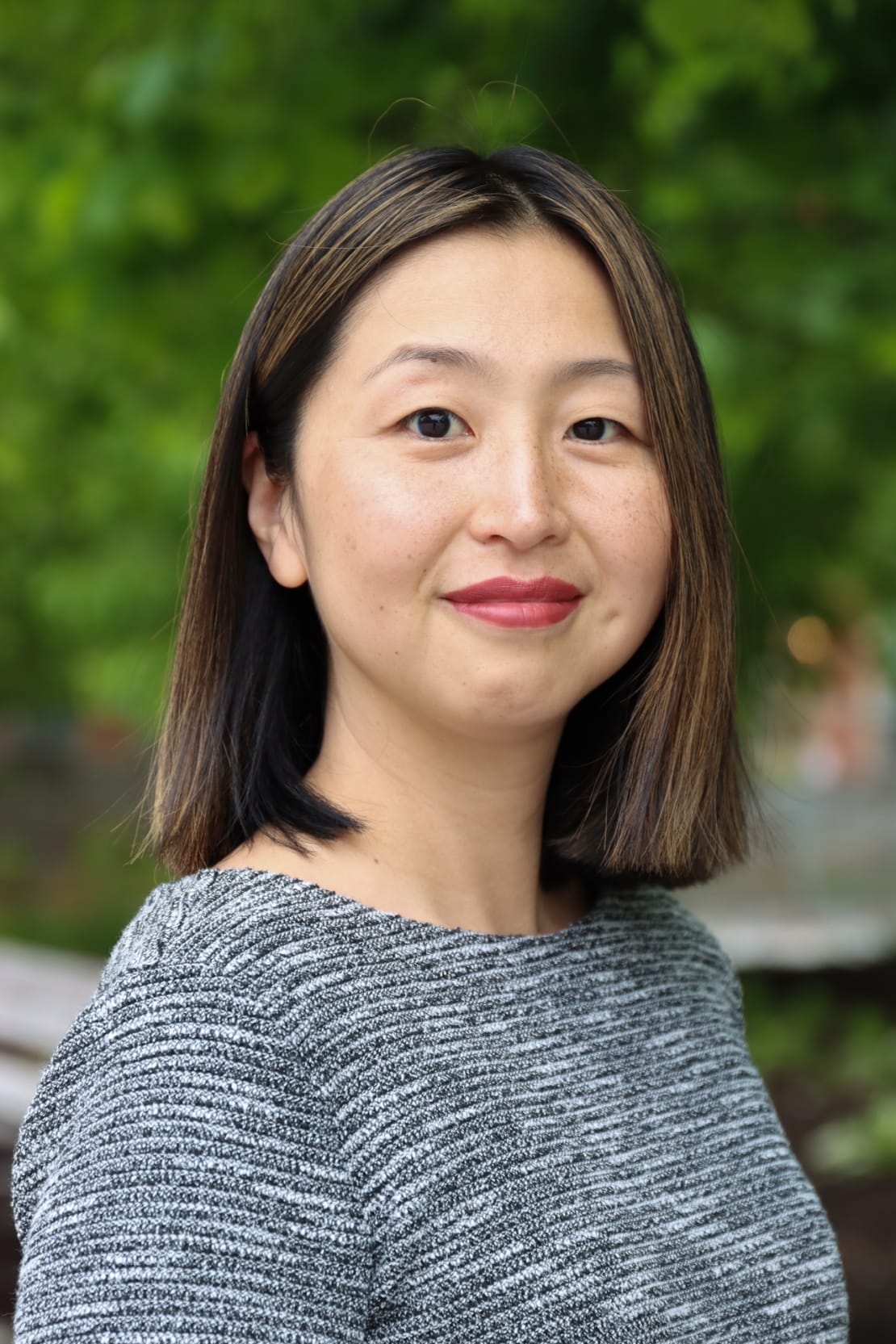

IceCube collaborators Naoko Kurahashi Neilson, associate professor in the Department of Physics at Drexel University, and Doug Cowen, professor of physics at Penn State University (PSU), are two of the 2024 fellows announced by the American Physical Society (APS) a few days ago.
For Kurahashi Neilson, this award acknowledges her “outstanding contributions and leadership in experimental neutrino physics to produce the first neutrino map of the Milky Way, and for strong service to improve the culture for women in physics, including the development of an active community of mid-career women in large physics collaborations.”
“I am honored to be named an APS Fellow,” says Kurahashi Neilson. “What makes this special is knowing that I received this honor because of my IceCube and gamma-ray astronomy colleagues who nominated and supported me.”
Cowen is being recognized “for pioneering contributions to the study of the tau neutrino, including its mass limit using tau decays to five pions, its appearance from oscillations in the atmospheric neutrino flux, and its first high-significance detection in the astrophysical neutrino flux.”
“I am deeply honored to be named an APS Fellow, and I wish to thank the many IceCubers with whom I have collaborated over the years for their insight, guidance, and most of all their friendship,” says Cowen. “Looking back, my main career regret is that as a UW–Madison graduate student at CERN, I searched for the Higgs instead of measuring the number of light neutrinos. If not for that misstep, my research would have been 100% neutrinos!”
Kurahashi Neilson’s research centers on high-energy neutrinos, high-energy particle astrophysics, and particle physics. Her research group at Drexel works to resolve high-energy neutrino sources in the sky, particularly galactic and extragalactic astrophysical sources that emit neutrinos at energies above TeV.
In 2019, Kurahashi Neilson received a National Science Foundation (NSF) CAREER award, which supported the development of a source localization technique using IceCube data independent of the ones used in traditional source searches. This improved method allowed Kurahashi Neilson and her group to better resolve the southern sky, producing the first neutrino map of the Milky Way.
Kurahashi Neilson has also been featured in Symmetry magazine, National Geographic, NPR, and CNN, and she often gives public-facing talks about her research. She is also passionate about education, outreach, and access to science at every level, and is an advocate for diversity in physics.
Cowen’s research group at PSU focuses on neutrino astrophysics and oscillations, data acquisition and event reconstruction. His group also uses IceCube DeepCore and atmospheric neutrino samples to study the fundamental properties of neutrinos, including muon neutrino disappearance and tau neutrino appearance.
Cowen co-led a study published in 2024 in the journal Physical Review Letters presenting evidence of seven strong candidate tau neutrinos, an especially rare form of energetic astrophysical neutrinos. The study was accepted for publication as an “Editors’ Suggestion” by the journal Physical Review Letters, and was also highlighted in Nature, Physics, and Physics Today. Cowen has also written pieces for The Conversation and made several radio appearances, including a recent interview with Swiss National Radio.